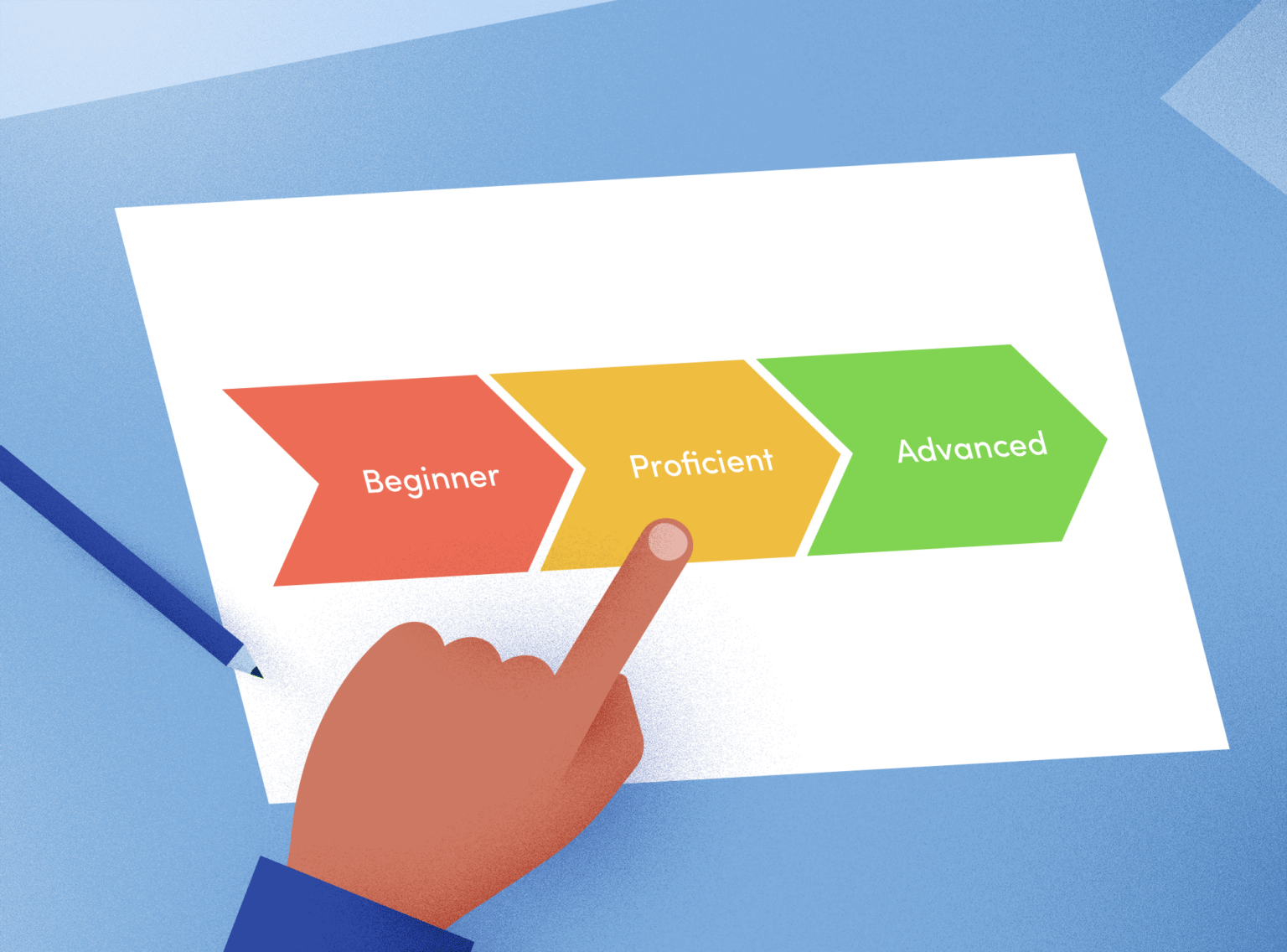Me to Me
Make comparisons with yourself, not with others
2022-5-01 | Grit

In the fictional town of Lake Wobegon, “all the children are above average.”
When I was in college, though, where you stood compared to the class average was no joking matter. In fact, in the science courses I was taking, it was standard practice to make clear that exactly half of the students in any class were below average.
Each time the professor returned our exams, we were told the average grade for the class. Often, the entire distribution of grades was displayed on-screen at the front of the lecture hall, so we could see how we’d performed relative to our peers. Sometimes, the professor actually graded us “on a curve”—meaning that our exam grade had been adjusted upward or downward from its raw value depending on how our classmates performed.
Who among us can resist the temptation to zero in on where we stand compared with others? The instinct to make comparisons is arguably the very foundation of knowledge. As the novelist Herman Melville once observed: “There is no quality in this world that is not what it is merely by contrast. Nothing exists in itself.”
If comparisons are how we make sense of anything, providing a reference point for students might seem like a useful teaching tool—assuring high-performing students that they’re doing well and providing a needed reality check for low-performing students.
Yet recent research suggests that emphasizing how students compare to the class average is unnecessary. Why? Because students already intuit this information and in fact are better at guessing how the whole class is doing than predicting their own performance.
What’s more, highlighting peer comparisons can sometimes be detrimental. When students feel like they can’t catch up, they can lose confidence and decrease effort.
So what do we do about the human instinct to compare? One option: Ask students to compare their performance to objective criteria—for instance, rubrics that specify what it means to be at beginner, proficient, or advanced levels of a skill. Girl Scouts, for instance, encourages earning badges for specific accomplishments. These criteria make the game one that anyone can win without beating someone else.
And while some people are motivated by competition, consider this advice from the legendary downhill skier Lindsey Vonn. She once told me that at some point, every champion begins to care more about “one-upping” themselves than defeating others. And that is a mindset that all children can have.
Don’t emphasize comparisons with other people. My siblings and I grew up with a father who constantly compared us, unfavorably, to our brilliant Boston cousins. It did nothing to motivate us and everything to make us feel insecure.
Do encourage the young person in your life to strive for excellence. That doesn’t have to mean beating other people. It can be about beating themselves, setting what athletes call a personal record (PR)—where the comparison is not me-to-you, but rather me-to-me.
With grit and gratitude,
Angela
We’d love to know your thoughts after reading our Tips of the Week. Check the following boxes if applicable: